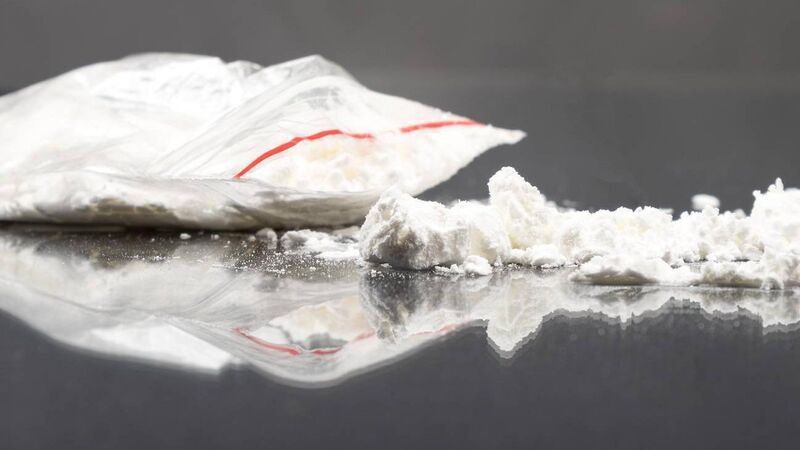Cork families suffering due to drug-related debt and intimidation by dealers

As of December 19 last year there were 500 incidents of drug-related intimidation crimes nationally.
CORK families are losing their life savings, family homes and even having to grieve relatives who have taken their own lives as a result of drug-related debt and subsequent intimidation by dealers.
Ireland has the highest usage of cocaine in the European Union, according to the European Drug Report 2023.
Drug-related intimidation crimes nationally rose to 500 incidents by December 19 last year, according to figures supplied to by a Garda spokesperson - an increase from 458 incidents in 2022 and 352 incidents in 2021.
Thomas Gould, Sinn Féin TD for Cork North-Central, told that the instances are likely much higher than reported, as people are hesitant to come forward.
“The level of intimidation and violence people are coming under is quite extreme, it has gotten so bad that families have been driven out of their homes in some cases.
“But what often happens is once the drug dealers get paid, they try to target that individual again and get them into more debt, but there’s a limit to how much debt the families can repay.”
A young man from Cork, who wishes to remain anonymous, told that it was a drug dealer who initially suggested he give him drugs on credit, and that the debt built from there and intimidation followed.
He explained, “at the beginning I was buying it for cash, then one of my dealers offered it to me on tic, and at the start I was able to manage it, but I ended up having to pay back a lot of tic to several dealers.
“They threatened me that I was going to be dragged out of my house, put into the back of a car and brought to a field, they threatened to break in the windows of the house and my car.”
“One of them sent me a picture of two knives and asked ‘which one would you like me to end you with?’”
He explained that as he kept missing their payments, the amounts they were asking for went up, leading to his mother getting loans from friends.
“I was nearly up to 11 grand in debt and had no way to pay it, and that was when I had to leave my house,” he continued, adding that the dealers were offering a cash reward to anyone who could supply them with his address.
“I stayed with my uncle and he gave me the 11 grand to pay them off, and even after that I went and made the mistake again and got in another six grand of debt, and I had to sell my car to clear it off.”
He had built up another seven and a half thousand of euro of debt when he attended an addiction treatment centre, and has thankfully been clean and sober for over a year now, repaying the last of the debt after treatment and not building any more up since then.
Citing reports which show the increase in popularity of the drug, Deputy Gould explained that what starts as recreational drug use can spiral into the throes of addiction, affecting “good families, people with good jobs and good educations who wouldn’t have expected this to come to their doors."
he continued.
“I know of a number of cases myself where this has happened, and tragically there has been a number of deaths over the last 18 months, where people have taken their own lives as a result of intimidation over debts.
“It’s bad enough that people have lost all their savings or borrowed huge sums, but when someone passes away it’s a tragedy, and the cases I’ve dealt with – these were good people, they were so worried about their families being threatened that they felt they had no alternative.” Stressing that running into debt as a result of a drug addiction can happen to anyone, Mr Gould said, “people have a picture in their head of an addict, but addiction, whether its drink or drugs, it doesn’t have any class distinction.”
His advice was for individuals and families experiencing this kind of intimidation to engage with the gardaí, saying “they’re the professionals, and the gardaí treat these cases with the utmost confidentiality and respect.
“People might be worried about their loved ones, but in my opinion this initiative is a very good one, and these people go for specialist training,” he said.
The Garda spokesperson added that An Garda Síochána continues to implement the Drug Related Intimidation Reporting Programme in every Garda division, and efforts continue to establish the level of drug related intimidation that occurs in each community, which in turn can advise local policing strategies and priorities.
For anyone hesitant to get the police involved, Deputy Gould suggested getting in touch with the HSE Cork Drug and Alcohol Taskforce, saying the bottom line was “there is always help out there.”










 App?
App?


